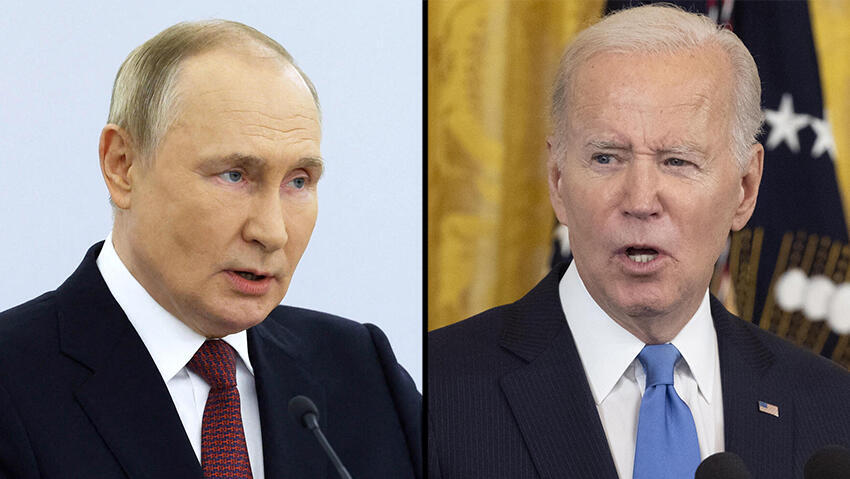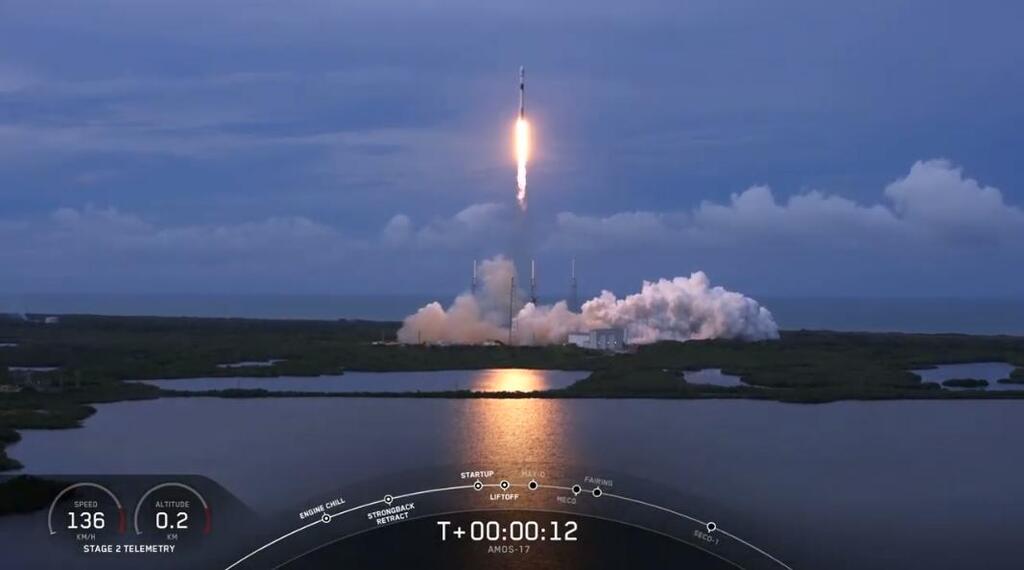Getting your Trinity Audio player ready...
Ringing the “major threat to national security“ bell, the chair of the House Intelligence Committee, Republican Representative Mike Turner of Ohio, might have overstated the case just a tiny bit, but it doesn’t change the fact that the United States does have reason for concern when it comes to Russian ambition to weaponize space.
Read more:
In the past couple of months, the Biden administration alerted Congress, as well as its European allies, that Russia is not so occupied with its Ukraine conflict that it completely neglected other ventures, and is hard at work constructing a space-based nuclear weapon, designed to pose a substantial threat to the massive satellite array the United States possesses.
Such a weapon, if activated, could disintegrate all forms of civil communications, as well as all military and security chain of operations within the United States Armed Forces and its allies.
Regardless of the immediate impact that a nuclear explosion in space could cause, the radiation emitting from it would likely annihilate all visible satellites. Since there is no air in space, that would mean that the destructive influence from a nuclear explosion would be spread around with the speed of light.
While U.S. satellites are designed to be able to withstand both kinetic attacks and electronic subversion, they are entirely helpless against a focused nuclear assault. Additionally, it has been reported that Russia has been able to develop a ground weapons system, believe to be able to "blind satellites" entirely.
Between novels, TV shows and movies, American reticence about placing a nuclear weapon in space has been around for almost half a century.
A U.S. official said this newfound intelligence about the latest Russian efforts to weaponize space, could bring about some difficult issues pertaining to Russia’s possible intent of completely abandoning the Outer Space Treaty of 1967, which forbids placing either a nuclear weapon, or any other type of WMD in outer space.
In general, Russia views Cold War-era weapon treaties as a threat to its regional aspirations and curtailing its massive military prowess. That said, U.S. intelligence, at this point, believes Russia is still not at the point where it’s able to lay out and arm those weapons.
Always busy with cultivating his strongman persona, Russian President Vladimir Putin has always been fascinated with the concept of a “super weapon." He finds it to be just as paramount to maintaining his image as much as the pictures of him riding a horse shirtless, photos that have become memes on social media around the world.
That said, placing a nuclear weapon, designed to inflict massive damage on the U.S. satellite array, clearly ups the ante, and could potentially become a global battlefield of the 21st century.
Of course, anything Russia can think of, other countries can as well. China, North Korea and the Islamic Republic of Iran are all placing substantial emphasis on their “extra-terrestrial“ efforts, especially as they pertain to anti-satellite weaponry, all of which places a massive threat on U.S. hegemony as the world's dominant superpower, and that will force the United States to equal and possibly best these foreign efforts.



